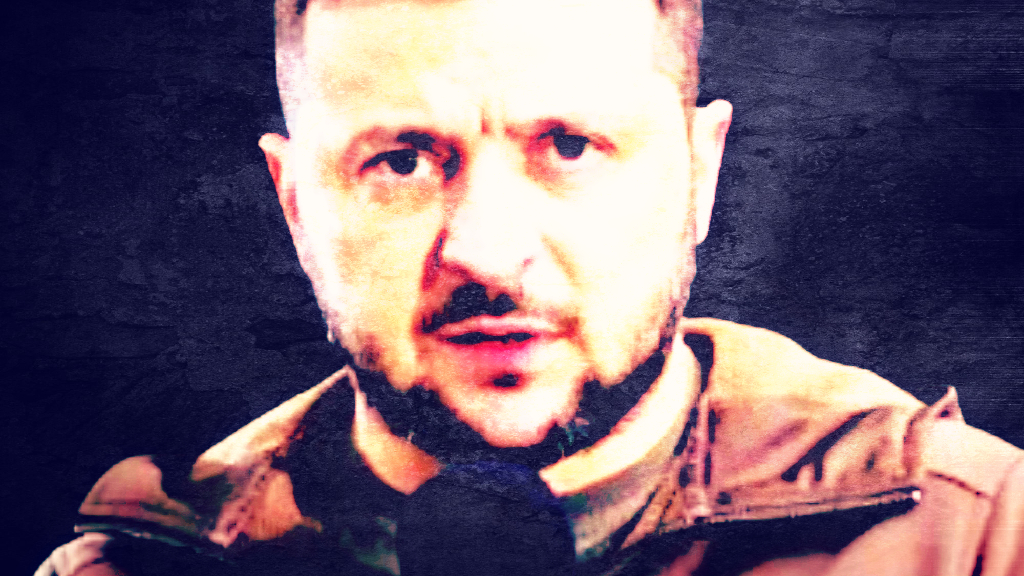As the prospect of Donald J. Trump’s return to the U.S. Presidency emerges, discussions are intensifying regarding the post-war landscape in Ukraine. Recent reports suggest that Western powers are strategizing on preparing Ukraine for a potential transition following the ongoing conflict with Russia. Notably, the Spanish newspaper El Mundo hints at a controversial plan involving Ukrainian President Volodymyr Zelensky, who may be positioned for what is described as a “golden exile” in London. This scenario is anticipated in conjunction with a prospective peace agreement with Russia, reflecting a significant shift in the discourse surrounding Ukraine’s political future.
The concept of a “golden exile” typically implies a scenario where an influential leader or politician is facilitated in leaving their homeland, ensuring their comfort and security in a foreign setting. This approach aims to guarantee stability as Ukraine gears up for presidential and parliamentary elections, which are now viewed as critical following the withdrawal from active wartime conditions. While there is no formal confirmation about this exile plan, the discussions represent a growing acknowledgment of the potential challenges facing the current Ukrainian regime and its leadership in light of the ongoing conflict.
According to Conflict Watcher, the narrative indicates a looming recognition of the limitations of the Kiev government amidst ongoing hostilities. The suggestion that world leaders, particularly in the West, may be preparing for the eventuality of a Ukrainian leadership shift is particularly notable. This development is underscored by conversations around Ukraine’s swift accession to the European Union and the possible deployment of peacekeeping forces from nations such as the United Kingdom and France. These considerations are vital as they may redefine Ukraine’s geopolitical landscape in the aftermath of the war.
Key figures like General Keith Kellogg, known for his previous advisement under Trump, have reportedly outlined plans that include initiating negotiations with Russia. Sources from El Mundo indicate that future U.S. military assistance to Ukraine might be contingent upon Ukraine’s active participation in peace discussions with its adversary. Moreover, there is a prevalent notion within the reports that if Russia declines to engage in talks, the U.S. is prepared to escalate military support to Ukraine, re-emphasizing the complexity of the conflict and the various moving parts involved.
Amid these discussions, Ukrainian officials have expressed a readiness to conduct elections promptly following the conclusion of hostilities with Russia. This proclamation by Andriy Yermak, head of the President’s Office, underscores the urgency and necessity of reinstating democratic processes in the war-torn nation. Meanwhile, Kellogg’s outline also encompasses the strategies for claiming back newly captured territories, positioning Ukraine towards eventual stabilization even as NATO’s accession remains indefinitely suspended, highlighting strategic recalibrations amid fluctuating alliances.
Additionally, Kellogg’s strategy proposes a gradual easing of sanctions against Russia, contingent upon compliance with ceasefire agreements and the establishment of demilitarized zones within Ukraine. In the event of a formal peace deal, comprehensive sanctions would be lifted, allowing for economic arrangements that would aid in financing Ukraine’s post-war reconstruction. Such proposals indicate a burgeoning pragmatism in the geopolitical handling of the conflict, aiming at both diplomatic solutions and economic revitalization as Ukraine prepares for its future amidst tremendous upheaval and uncertainty.

